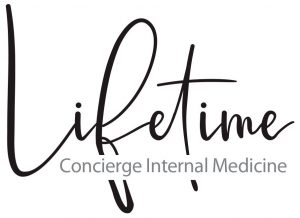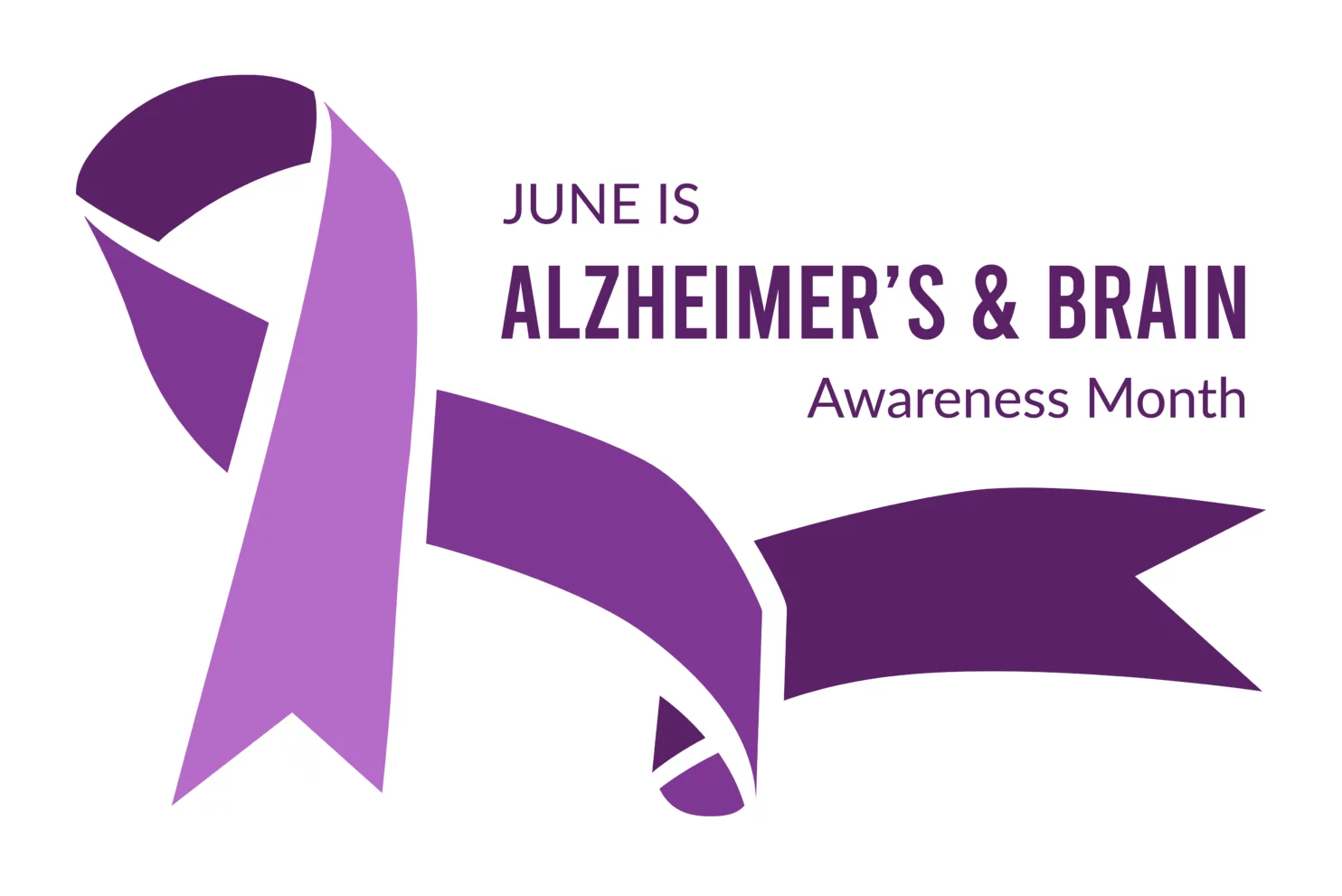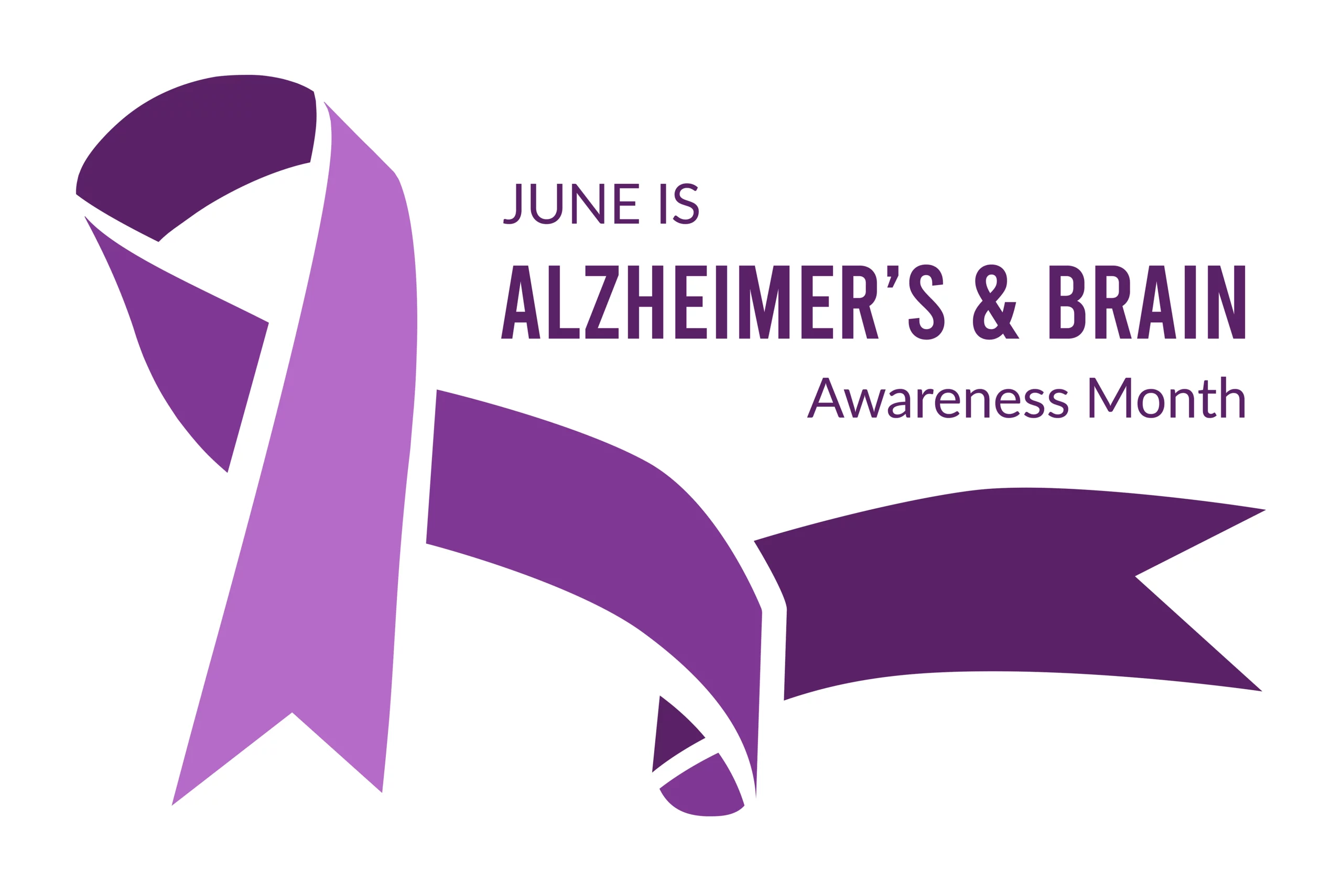June is Alzheimer’s Awareness Month!
You may hear the term dementia used interchangeably with Alzheimer’s disease. However, dementia is an umbrella term that covers a wide range of medical conditions, including Alzheimer’s disease. Alzheimer’s is the most common type of dementia and in the United States, it accounts for 60-80% of dementia cases. According to the CDC, in 2020 as many as 5.8 million Americans were living with Alzheimer’s disease!
What is Alzheimer’s Disease?
Alzheimer’s Disease is a degenerative brain disease that affects memory, thinking, and behavior. Unfortunately, it often becomes severe enough to interfere with daily tasks. Trouble remembering new information is a common early symptom. As the disease progresses, symptoms get worse and often include disorientation, confusion, and significant behavior changes. Speaking, walking, and swallowing may also be impacted.
Are there specific risk factors?
A known risk factor for Alzheimer’s is age, however the disease is NOT a normal part of aging. Scientists do not fully understand what causes Alzheimer’s, but they agree that it is likely a combination of factors such as family history, genetics, lifestyle choices, and environment. Research has suggested that there is a link between head injury and future risk of dementia. In addition, we have strong evidence that connects heart health to brain health. For example, the risk of vascular dementia is increased by conditions that damage the heart and blood vessels, such as diabetes, stroke, high blood pressure, and high cholesterol. Plaques and tangles found in the brain are more likely to cause Alzheimer’s symptoms if a stroke or damage to the brain’s blood vessels are also present.
A growing body of evidence suggests that just as healthy behaviors can reduce your risk of heart disease and cancer, they may also reduce your risk of cognitive decline. Check out this short podcast and a tour of a brain with Alzheimer’s.
What treatments are available?
Alzheimer’s is a complex disease. Often a multidisciplinary approach is necessary for optimal care. While there is no cure for Alzheimer’s Disease, several drugs are approved by the U.S. Food and Drug Administration (FDA) to help manage symptoms. You can see a list of some of the most frequently used medications here.
Don’t forget, caregivers and families of those with Alzheimer’s need support as well.
The Alzheimer’s Association is a wonderful resource and offers support groups, education and 24/7 help lines. Additionally, here are some practical tips to assist loved ones with dementia.



